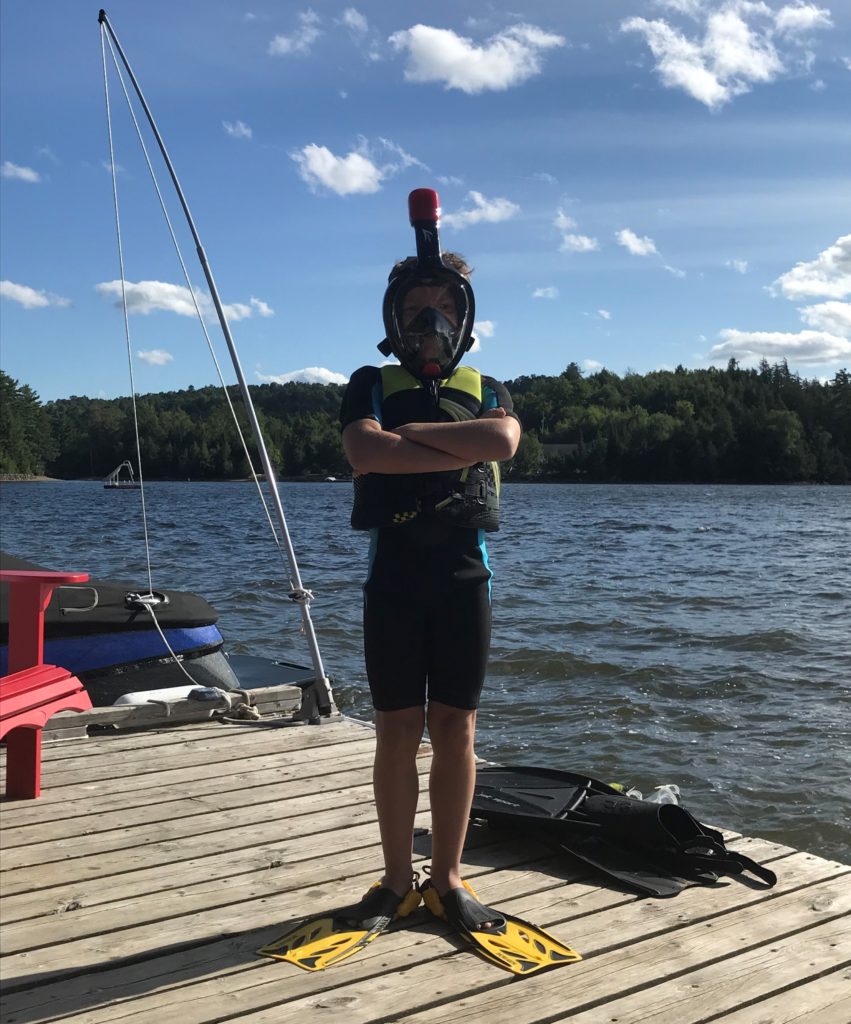Were you intrigued when you read the title of this article? Was your first thought, “I don’t want my child to sound rude!” Teaching children to say, “So what!” does not mean your child is impolite or defiant to others. Raising resilient kids has to do with your child’s ability to manage situations that cause stress or emotional upset. When a child says, “So what”, they are demonstrating the ability to bounce back and move on. They have personal power and hold a positive attitude to deal with failure and overcome varied challenges.
Children will encounter at some point in life failure, obstacles, teasing and rejection. When a child is not equipped to manage these challenges, a significant impact may occur on their overall academic and social-emotional wellbeing. It is vital to help them develop resilience strategies that promote well-being and develop coping mechanisms.

Positive self-view
Teaching your child to say “So what” starts with positive self-esteem and confidence. Nurturing this positive self-view will help children learn to trust themselves to solve problems and make appropriate decisions. You can support this by reminding them when they have successfully managed difficult situations in the past. A positive self-view will also help support them to feel confident to stand up for themselves.
Size of the problem
Some children need to be directly taught how to self-regulate by learning what is a small versus a big problem. For example, it is not the end of the world when the teacher didn’t choose you to answer a question, or “So what”, your friend plays with someone else at recess. Engage your child in figuring out how they can handle different challenges and how they should respond, even though they may feel like everything is a “big” deal.
Mistakes are okay
It can be tough and painful for parents when our children do not experience success. As tempting as it may be, parents cannot do everything for their kids. Children need to learn to navigate their own life experiences by being able to cope with challenges by using functional skills. Mistakes helps kids learn how to fix those errors and make better decisions next time.

Building strong friendships
Children who have a strong network of friends often display a healthy sense of self. Connecting with others provides social support and strengthens resilience. This doesn’t mean that everyone must be your friend. Children need to understand that not everyone is going to be their friend. Having one or two solid friendships will provide the opportunity for children to develop empathy and other prosocial skills.
Managing emotions
Being able to say “So what” and manage one’s emotions is key in resilience. Children (and parents) need to learn that experiencing all emotions are okay. It is okay to feel upset or angry, but it is not okay to hurt others or yourself when you feel that way. It is not what you feel, but how you react that is important. Managing emotions means accepting the feeling and making an acceptable choice in terms of what you do next.

Move on
Holding a grudge or focusing on the past does not contribute to a child’s positive social-emotional wellbeing. For every moment spent on the past, means you are focusing on the things you can’t control and is time taken away from what you can control. Teaching children to say, “So what” helps them look at a situation in a broader context. It means having the ability to move on and be optimistic. By instilling optimism, you are providing them with vitals tools to keep going, even in the hardest of times.
Teaching children to say, “So what” is ingraining essential skills to confront difficulties and fears. It promotes a healthy sense of self so children can develop social skills, self-regulation, understanding and responsibility.



Comments
Pingback: The MASKS of Character - Character Education Resource Center